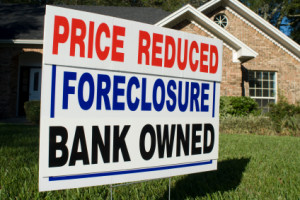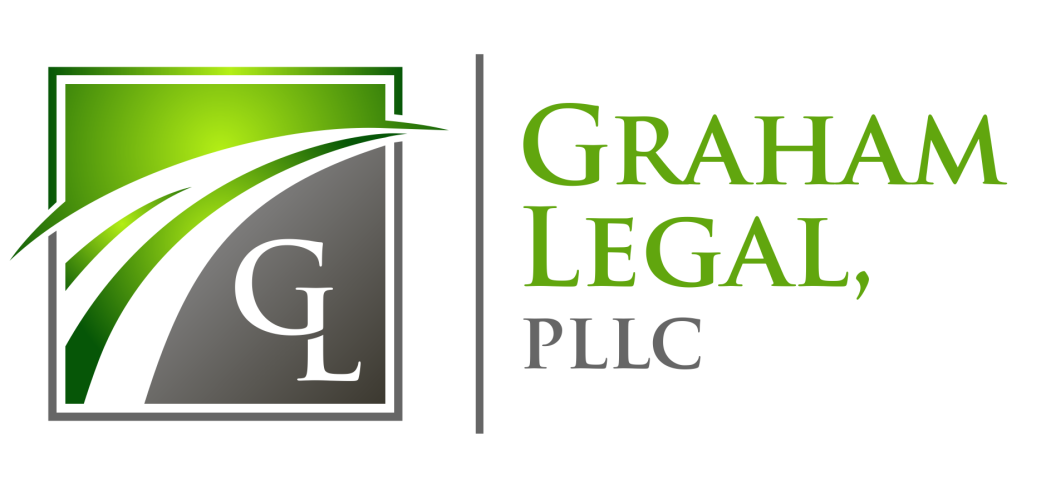Foreclosure
 Is your home scheduled for foreclosure? Filing Chapter 13 bankruptcy before the sale date will stop foreclosure of your home. When a bankruptcy case is filed an automatic stay goes into effect. The stay prevents most types of debt collection against the debtor and his property. The automatic stay continues in effect until the bankruptcy case ends unless the court agrees to lift the stay early. In order to stop foreclosure the bankruptcy case must be filed before the sale date. Once the property is sold it is usually too late.
Is your home scheduled for foreclosure? Filing Chapter 13 bankruptcy before the sale date will stop foreclosure of your home. When a bankruptcy case is filed an automatic stay goes into effect. The stay prevents most types of debt collection against the debtor and his property. The automatic stay continues in effect until the bankruptcy case ends unless the court agrees to lift the stay early. In order to stop foreclosure the bankruptcy case must be filed before the sale date. Once the property is sold it is usually too late.
Catch Up On Missed Payments
Chapter 13 debtors who want to keep their home after filing bankruptcy must make all mortgage payments that come due after filing. In addition, they must cure any payments missed before the case was filed. Missed payments are paid as part of the Chapter 13 plan. Each month the debtor makes a payment to a trustee. The trustee takes that money and pays it to the creditors listed in the case. Mortgage arrears are paid with no interest.
Finishing the Bankruptcy Case
At the end of the bankruptcy case the debtor receives a discharge. The discharge order eliminates many different types of debts. However, debtors who wish to keep their home will not discharge their mortgage in their Chapter 13 case. Their Chapter 13 plan provides that they will make all payments that come due after filing bankruptcy and cure their arrears in the plan. After completing the bankruptcy the debtor should be current on their mortgage, assuming they have made all of their plan payments and their post-petition mortgage payments.
Stop Foreclosure and Cure Missed Mortgage Payments
The bottom line is that Chapter 13 bankruptcy is a great way to stop foreclosure of a home and get caught up on the payments. Filing Chapter 13 will also give the debtor an opportunity to discharge other types of debts, so that once the case is completed the debtor is in a much better financial situation.




